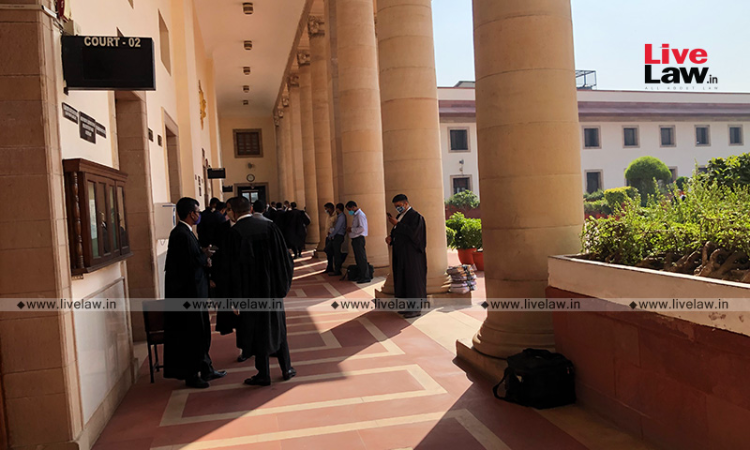The Supreme Court on Wednesday dismissed a petition challenging, inter alia, the practice of designating Advocates-on-Records under Order IV of the Supreme Court Rules, 2013 read with Article 145 of the Constitution. The Bench, comprising Justices K.M. Joseph and Hrishikesh Roy, held that there was no doubt that the apex court had the power to designate a special class of advocates and confer...

